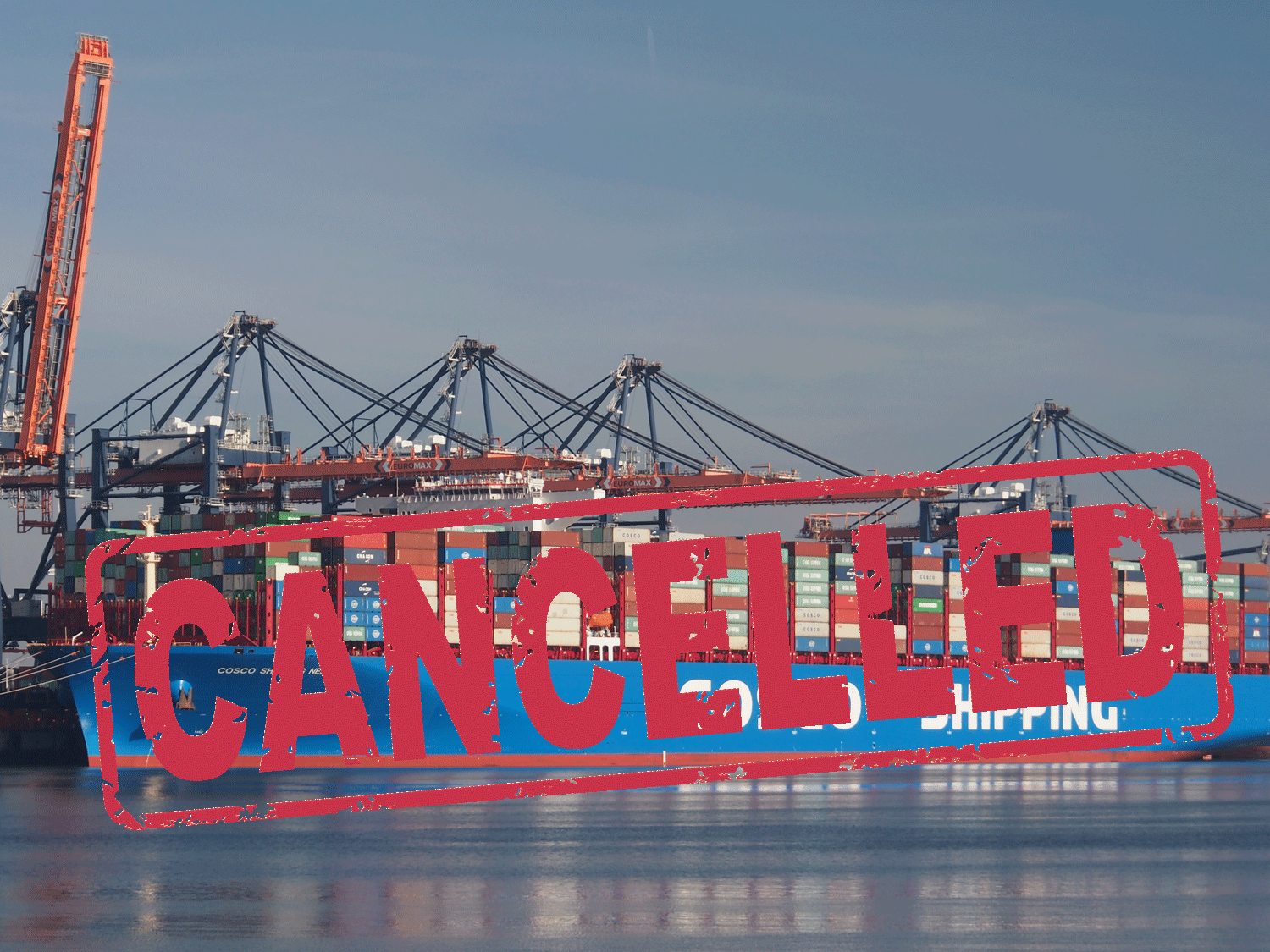Global air cargo markets have entered an unusual mid-summer upswing as US importers accelerated shipments to avoid rising tariffs. July volumes rose strongly against seasonal norms, fuelled by front-loading, modal shift from ocean to air, and persistent trade uncertainty.
The sharp increase in shipments came as US tariff deadlines prompted companies to expedite goods by air rather than risk higher costs or long delays at sea. Businesses turned to aircraft to move time-sensitive cargo more quickly, driving a five per cent uplift in volumes compared with the previous year. The rise followed only modest growth in June and has temporarily restored load factors to levels last seen a year ago.
However, carriers now face the challenge of adjusting capacity after rapidly adding flights in anticipation of prolonged demand. With inventory-building cycles completed earlier than expected, airlines are rationalising schedules and redeploying aircraft across trade lanes to protect yields. Asian carriers, in particular, are having to reassess networks as the traditional electronics and consumer goods peak season has been disrupted.
Despite the boost in cargo volumes, global average spot rates continued to soften, recording a third consecutive monthly decline. The imbalance between seasonal contract rates and shorter-term spot prices has widened, signalling subdued confidence. Rates on major corridors show mixed trends: transpacific lanes weakened sharply from Southeast Asia and mainland China, while Northeast Asia held firmer thanks to strong demand for high-tech shipments. The transatlantic market was the rare exception, where reduced belly-hold capacity combined with tariff-related front-loading to push prices higher in both directions.
Additional headwinds loom. The imminent removal of the US de minimis exemption for low-value shipments will particularly impact eCommerce exports from Asia, the UK, Canada, and Mexico, further distorting flows. Earlier curbs on Chinese parcels already triggered a dramatic fall in volumes.
Looking ahead, uncertainty over tariff outcomes remains the single largest influence on airfreight demand. While disruption may continue to support short-term cargo volumes, analysts warn that once the “piggybacking” effect of front-loading subsides, demand could retreat quickly, leaving airlines exposed to excess capacity and weaker yields.
With demand surging, tariffs shifting, and carrier schedules in flux, securing space and certainty has never been more critical. Metro is actively monitoring capacity, adjusting routings, and working with trusted carrier partners to protect our clients’ cargo.
Our latest innovation takes visibility even further. Real-time flight telemetry tracking on Metro’s platform provides shippers with:
– Live aircraft position and route mapping
– Accurate departure and arrival confirmation
– Time-stamped milestone events, updated in real time
This level of transparency means you can plan confidently, optimise inventory, and protect service levels even in unpredictable conditions.
Partner with Metro for smarter, faster, and more resilient air freight solutions, powered by live data and long-standing carrier relationships.
EMAIL Andrew Smith, Managing Director, today to explore how we can support your success.





